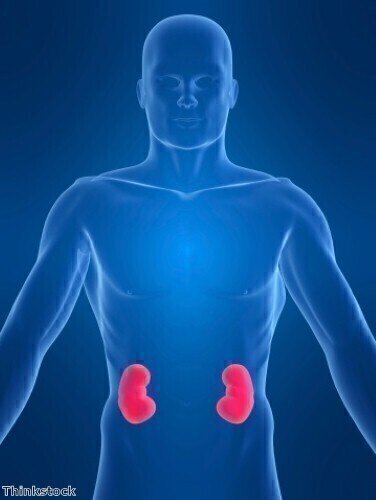-
 The procedure offers fewer complications than traditional techniques
The procedure offers fewer complications than traditional techniques
IT Solutions
Kidney transplant technique advances robot-assisted surgery
Jan 22 2014
A new technique for organ transplantation has been found to benefit robot-assisted organ transplantations. Surgeons from Henry Ford Hospital and Medanta Hospital in India have successfully completed 50 kidney transplants using a new procedure that sees the organ being cooled by ice throughout the operation.
The innovative technique helps to advance robotic surgery and presents it as a suitable, minimally invasive option for transplants when compared to traditional methods of open surgery. This type of operation can reduce pain and discomfort in the patient following the surgery and can present with fewer possible complications, according to Dr Mani Menon, chair of Henry Ford's Vattikuti Urology Institute.
"The benefits of minimally invasive surgery in removing donor kidneys has been well established in earlier studies, but the use of robot-assisted surgery in transplanting those kidneys is comparatively a frontier," he added.
Researchers developed the technique following on from the identification of benefits of robot-assisted surgery for healthy kidney donors. It was theorised that if this type of procedure was beneficial for healthy patients then it could also be a good option for those that are ill and have been weakened by their need for a transplant.
The new technique involves cooling the transplant site and the donor kidney through the use of a sterile ice slush. By cooling the kidney and the transplant site, surgeons were allowed more time to perform the surgery using robot-assisted techniques. The use of cooling techniques has previously proved successful during minimally invasive prostate surgeries, according to Dr Menon.
By using sterile ice to cool the kidney, surgeons are able to preserve its function, as previous research has found that if left without blood supply for longer than 30 minutes during the procedure, it does not function at 100 per cent upon completion of the surgery.
Of the 50 patients who underwent surgery using this innovative technique, none presented with infections, blood leaks, urine leaks or other complications that can arise from kidney transplant surgery. Dialysis was also not required by any of the patients following the operation.
Digital Edition
ILM 49.5 July
July 2024
Chromatography Articles - Understanding PFAS: Analysis and Implications Mass Spectrometry & Spectroscopy Articles - MS detection of Alzheimer’s blood-based biomarkers LIMS - Essent...
View all digital editions
Events
Jul 28 2024 San Diego, CA USA
Jul 30 2024 Jakarta, Indonesia
Jul 31 2024 Chengdu, China
ACS National Meeting - Fall 2024
Aug 18 2024 Denver, CO, USA
Aug 25 2024 Copenhagen, Denmark



24_06.jpg)













